Schoolchildren from four schools across England are to have their ideas for tackling plastic waste developed and rolled out nationwide as part of an EU-backed competition, winners of which were announced in Parliament on Monday (June 16).
Hosted by the waste education community interest company Wastebuster, the 2014 Primary Earth Summit saw schoolchildren aged 10-12 years old develop ideas to solve issues around plastic waste including improving collections, education and product design.
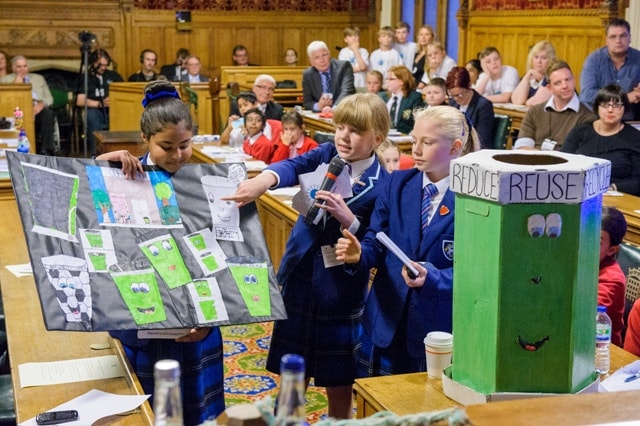
Pupils from 20 primary and secondary schools attended the final of the competition in the Houses of Parliament on Monday, to present their ideas to a range of industry experts, scientists and politicians.
A judging panel selected the four best entries, which will be taken forward and developed by the event partner Bayer MaterialScience and other summit supporters, and could be rolled out across the country.
The panel selected four school winners:
- Education and Awareness winner: Field End Junior School from Hillingdon who created a large see-through whale sculpture, made from plastic waste which could then be filled with litter from the Thames to highlight the amount of waste we produce. The children would like this to be displayed on the 4th Plinth in Trafalgar Square. MP Zac Goldsmith has pledged to lobby in favour of realising this aim.
- Collection Systems winner (and overall winners): Elstree School from West Berkshire who designed a selection of posters showing different plastic items dreaming of what they could become if they were recycled. These posters are intended for display in all education establishments.
- Marine Litter winner: Fulneck School from Leeds. These children had written a play about a young girl named Alice who wants to help clean up the countrys coastlines. She is invited onto the news to go out to sea and investigate plastic waste. With the help of news presenters, Alice discovers a dolphin stuck in some plastic waste and jumps into the sea to save the day.
- Design and Innovation winner: Ursuline Academy from Ilford who put forward a proposal to make bee houses from waste plastic bottles to encourage recycling and help the bee population.
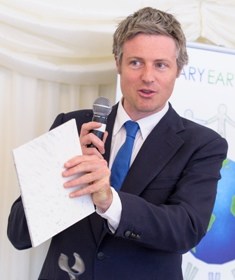
At a time where pressure on the worlds resources has never been greater, we have to find a way to be less wasteful and more efficient, and its wonderful that so many children have put their minds to this all-important task.
Zac Goldsmith, MP
The Primary Earth Summit was a satellite event of the annual European Green Week, which took place this year on June 3-5 and focused on the 2014 theme of waste management practices and more efficient utilisation of EU resources.
Speaking at the event, Zac Goldsmith, who was among the judging panel, said: At a time where pressure on the worlds resources has never been greater, we have to find a way to be less wasteful and more efficient, and its wonderful that so many children have put their minds to this all-important task.
I am a member of the Environment Audit Select Committee, which is running an Inquiry into waste, and look forward to putting the strongest ideas from this event to the Committee.
Event organiser Katy Newnham, executive director of Wastebuster, added: We want a shared vision. Our goal is to create a platform where we bring together industry, governments and the public to work together to not only reduce waste, but to find sustainable solutions for our future.
Primary Earth Summit attendees included: Janez Potocnik and Helmut Maurer of the European Commission, leader of the Green Party Natalie Bennett, Baroness Jenny Jones and Baroness Tessa Parminter, MPs Dan Byles and Barry Gardiner, and industry specialists Hanane Taidi and Adrian Whyle of PlasticsEurope.




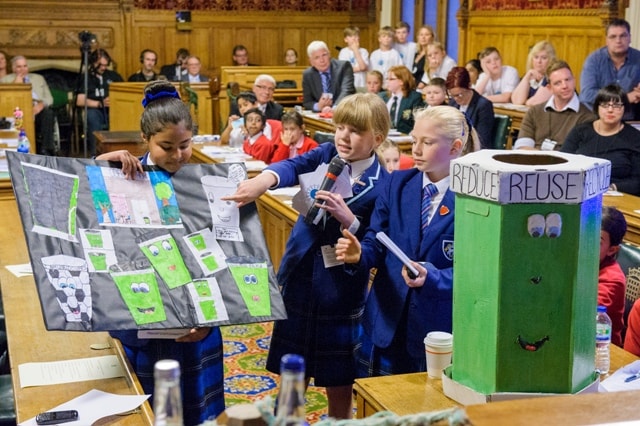
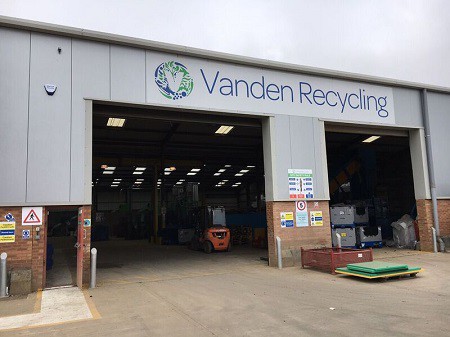
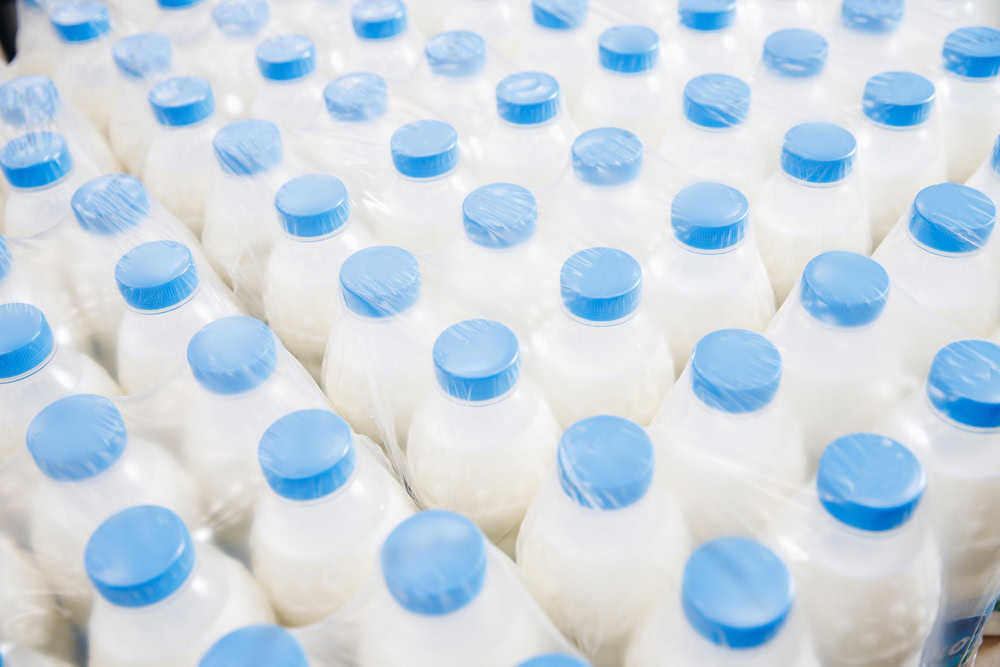
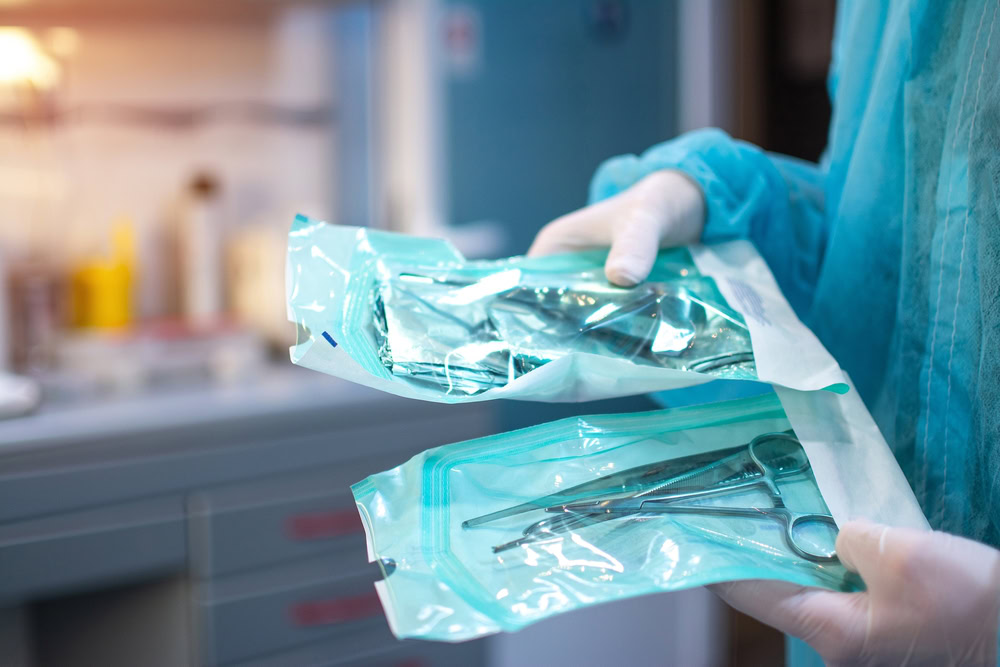
Subscribe for free